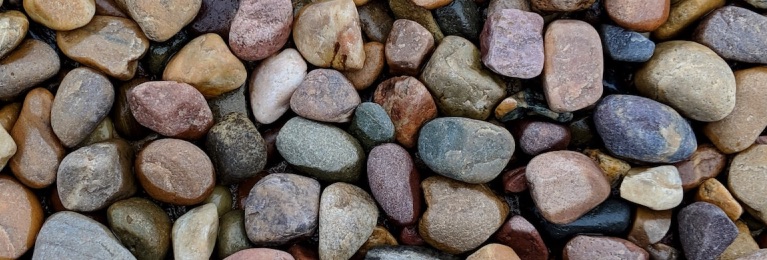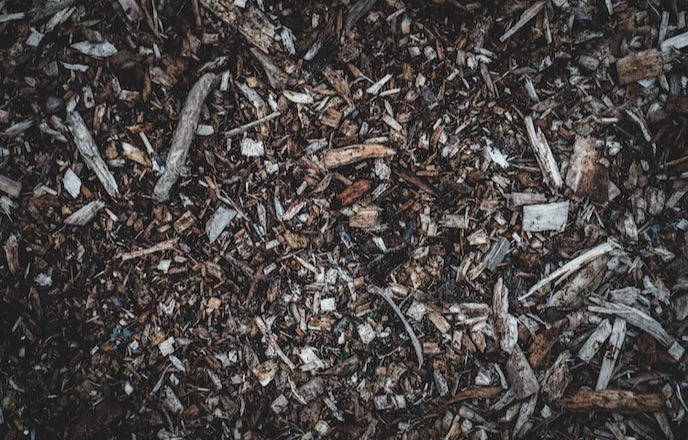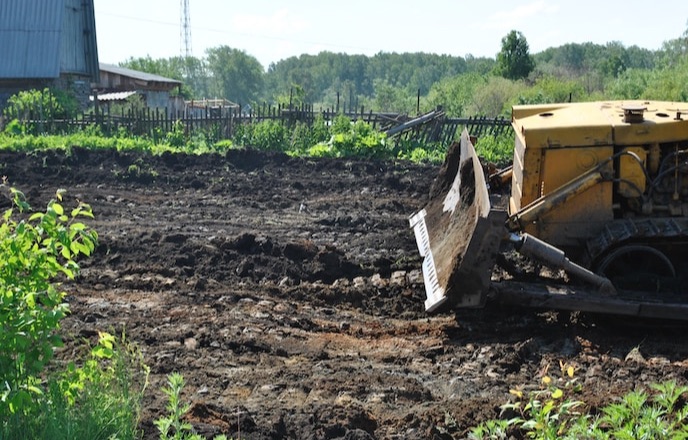Ready to Get Started? Call Now (803) 209-3896
Ready to Get Started? Call Now (803) 209-3896

From decorative rock to construction-grade sand and various sizes of gravel, we offer a comprehensive range of options to suit your needs. Whether you are working on a residential garden, commercial project, outdoor renovation, or a new driveway we have the materials you need to enhance and transform your outdoor spaces in Fort Mill, SC.
Common Uses: as decor, retaining walls, pathways
Use stone when you're looking to achieve aesthetic versatility, low maintenance and durability.
Stone is known for its strength and resilience, making it an ideal material for withstanding the elements and maintaining its appearance over time. Whether it's used for hardscaping, such as retaining walls, pathways, or edging, or as decorative elements like boulders or pebbles, stone can endure heavy use and the effects of weather, providing a lasting investment in your landscape.
Using stone in landscaping also brings functional benefits. Stone surfaces, such as patios or pathways, offer stability, traction, and low maintenance. They provide a solid and even foundation for outdoor activities, furniture, and foot traffic. Additionally, stone can aid in water management by allowing for proper drainage, preventing erosion, and reducing the risk of water-related issues.
When incorporating stone into your landscaping projects, it's essential to consider the characteristics of the specific stone type, such as its durability, slip resistance, and compatibility with the intended use. Proper installation techniques and a well-thought-out design plan are also crucial for achieving the desired aesthetic and functionality.
Common Uses: play areas, sports fields
Use sand when you're looking to level surfaces or amend soil.
One of the primary advantages of sand is its excellent drainage properties. It allows water to pass through easily, making it ideal for areas prone to excess moisture or for constructing permeable surfaces. Whether you're creating a patio, leveling the ground, or installing a water feature, sand provides a stable base that promotes proper water movement and prevents waterlogging.
Sand also serves as a foundation for various landscaping elements. It provides stability for pavers, ensuring a level surface and reducing the risk of shifting or unevenness. Additionally, it is commonly used for playgrounds, providing a soft and cushioned surface that helps absorb impact and reduces the risk of injuries.
It requires minimal care, and with proper installation, it can withstand weather conditions and foot traffic over time. Sand is also relatively low-cost compared to other materials, making it an economical choice for landscaping projects.
Common Uses: driveways, drainage, backfilling
Use recycled gravel when you're looking to achieve cost effectiveness, easy maintenance and a long-lasting solution.
Using recycled gravel in landscaping projects offers a sustainable and cost-effective approach to outdoor design. Recycled gravel, derived from crushed concrete, asphalt, or other construction materials, provides numerous benefits and applications for landscaping purposes.
It can be used for pathways, driveways, and parking areas, offering excellent durability and easy maintenance. Its natural composition ensures long-lasting performance, even in high-traffic areas. Additionally, recycled gravel is an effective choice for drainage systems, preventing water buildup and erosion.
When using recycled gravel, it's essential to ensure proper installation and compaction techniques to achieve optimal results. Additionally, consider the specific requirements of your project and consult with the professionals at Sanders Hauling to determine the appropriate type and size of recycled gravel needed.
FAQs
Will a gravel driveway hold up as well as a paved or concrete driveway? The simple answer is yes. A properly constructed gravel driveway just requires some periodic maintenance.
Does the area need special preparation? Yes, strip away any topsoil or debris from the area you wish to cover for a more solid foundation. We do not recommend building a gravel driveway on top of soil. If it's in your budget, always put down a geo-textile fabric on the subsoil.
How much gravel will I need? Typically you will want to put down between 10 and 12 inches of gravel. You'll need a base of crush and run for the first layer and then come back with smaller stone or gravel for the next layer. Each layer should be approximately four inches thick. The top layer should be constructed of stone and gravel mostly the size of marbles, with some the size of golf balls. A driveway constructed like this should last decades!
Fort Mill, SC Services

Mulch, Compost and Dirt Hauling

Excavating and Grading Services
Contact Sanders Hauling today to learn more about our services and to schedule your next hauling job.
Get In TouchCopyright © 2026 | All Rights Reserved
Sitemap | Powered by Emmare Consulting LLC